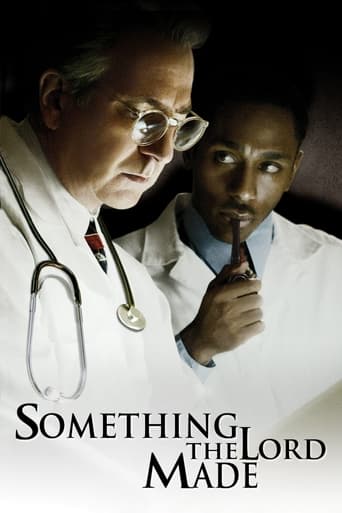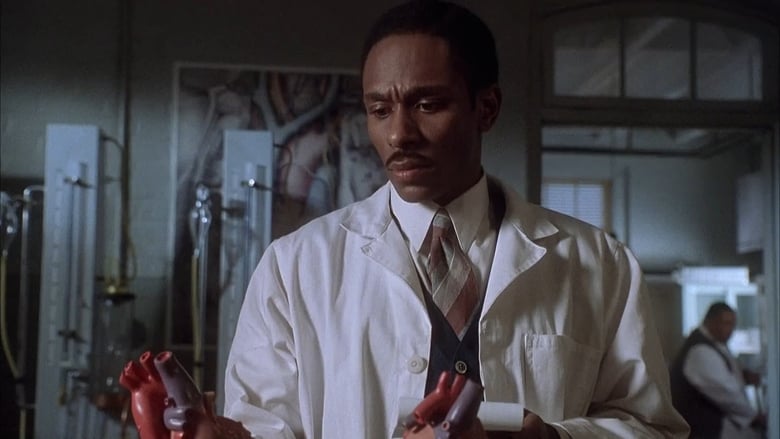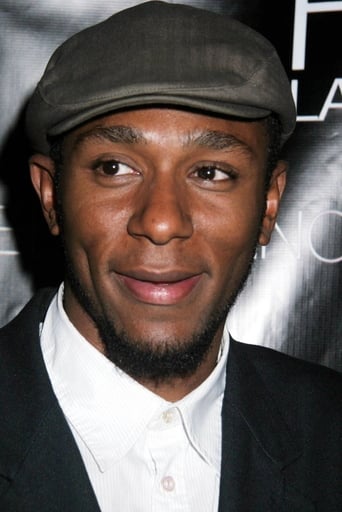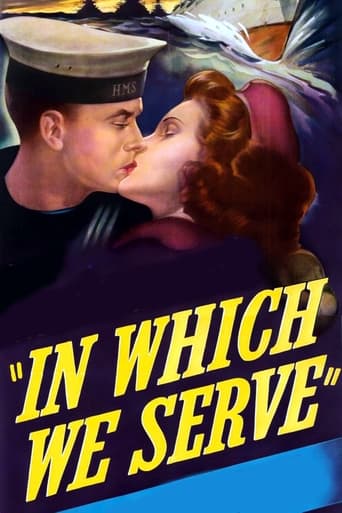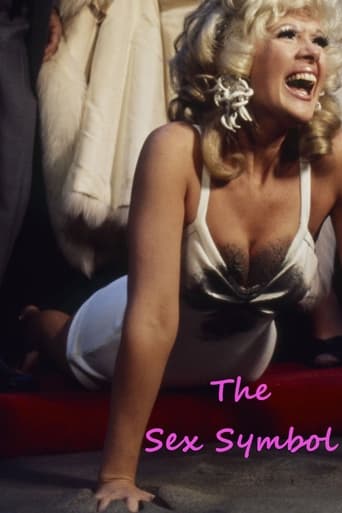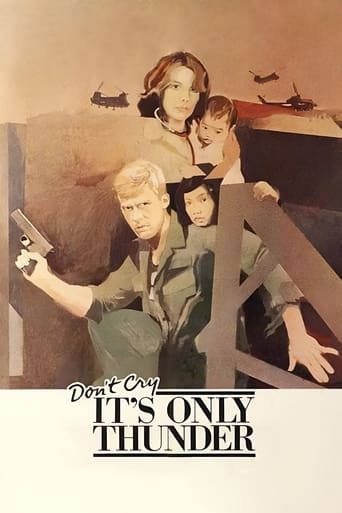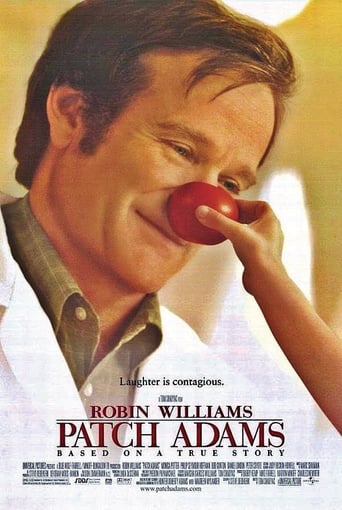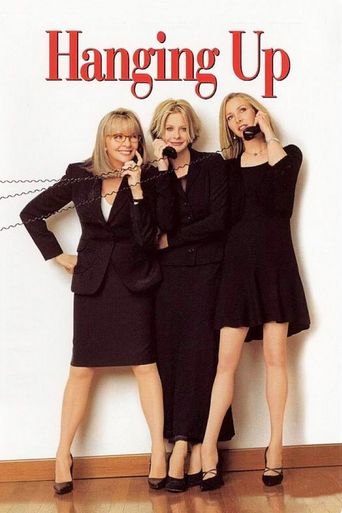Something the Lord Made (2004)
A dramatization of the relationship between heart surgery pioneers Alfred Blalock and Vivien Thomas.
Watch Trailer
Cast
Similar titles

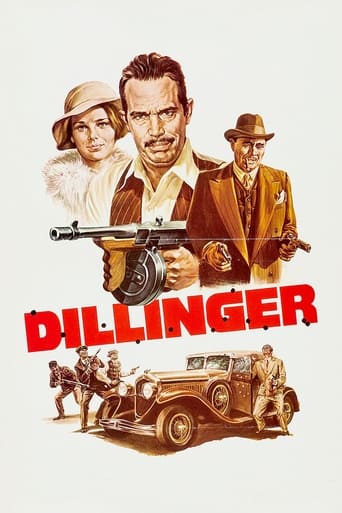
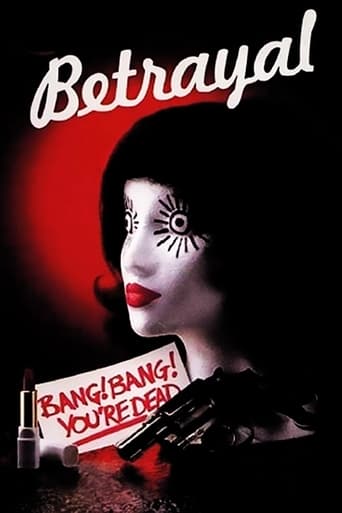
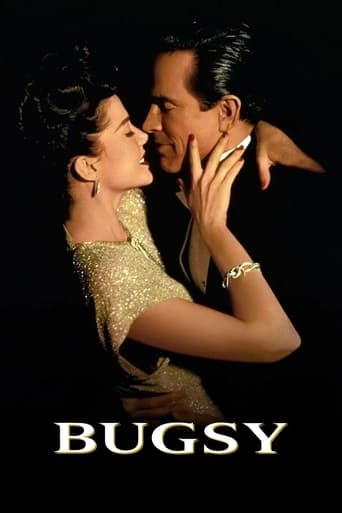
Reviews
Redundant and unnecessary.
Great Film overall
Funny, strange, confrontational and subversive, this is one of the most interesting experiences you'll have at the cinema this year.
Excellent and certainly provocative... If nothing else, the film is a real conversation starter.
What an epic and awesome movie. this film made me cry. Alan Rickman and Mos Def showed a great, outstanding and unforgettable performance. I like the character of Vivien Thomas much more, who supposed to be black, oppressed but well trusted, frank, hard working quiet and loyal at the time of racism. And even he didn't lose his faith and hope even when he was confused and didn't know what to do after leaving work with Dr Blalock " I don't return for you, I love what I do her" " I don't want any praise but I want something fire my enthusiasm " my beloved quotes out of the movie. I wish I could as brave as you to truly find my passion and always stick to it regardless anyone or anything. Dr Vivien you were the action and the whole world was the reaction. RIP Dr Alfred Blalock, Dr Vivien Thomas and Alan Rickman
The film could have stood on its own had it simply been a compelling account of the genesis of an historic, baby-saving surgical procedure. Its treatment of the racial dimension renders it an important film, to match the importance of the lives upon which it was based. From a purely filmic perspective, the disparity of experience and eminence as between Alan Rickman and Mos Def in the acting domain, is beautifully mirrored in the relationship between the Doctor and Vivien. We watch as Mos/Vivien rises in our esteem, as their unlooked-for skill reveals itself in the operating and movie theaters. The subtle, almost off-handed, treatment of the prejudice that obtained at that time in history reveals that racist systems can only exist when the injustices are almost invisible to those on either side of the divide; accepted as a matter of course a hundred times a day. So many of the greatest scenes in this movie involve what is left unsaid, from stifled outrage to touchingly laconic "regrets". The highly emotional (for me - every time I see it) quality of this film is that the viewer knows that now the injustices portrayed are no longer invisible, and that what was unsaid to Vivien for so long was finally said, both in his recognition as a pioneer in real life and the tribute that was this film about a life that, appropriately, speaks for itself.
In the 1930-40's when Racism was in full force, most people in power were slow, nay, reluctant, to change their views. Theirs' was a world of stature, provided you were white. Any other race, color or creed were subject to a code which stated, if you're not white, we do not recognize you. This movie, directed by Joseph Sargent, is a case in point. In 1930, Dr. Alfred Blalock (Alan Rickman) is a prominent medical practitioner. Although skilled, he lacks scope, to advance medical science by basic, but often crude methods. Into his stagnant, myopic and definitely prejudicial world enters one extremely gifted young man named Vivian Thomas (Mos Def). He meets and immediately catches the eye of Dr. Blalock who discovers the man he knows as the 'Janitor' is not only closely observant, but insightful, not only as an anatomical artist, but as a imaginative Proceduralist. In time, the friendship grows, but not their social status, as their world clings to racial stereotypes. Despite the increasing accomplishments produced by Thomas, the lion's share of the credit is offered to Blalock, who does not recognize Thomas in either the media nor with the hospital. It will be years, before his overseers acknowledge the talented young man as a great doctor and futurist. The movie is a splendid example of Racism in the work place and Rickman is a perfect specimen of the opportunistic, egotistic and self-absorbed employer. Were it not for the changing times, America would have never known of the incredible achievement of Dr. Vivian Thomas. A moving and emotional picture and sure to become a Classic. ****
This is a docudrama about the two people behind the first open heart surgery: Dr. Alfred Blalock (Alan Rickman) and Vivien Thomas (Mos Def). One of the many qualities of the film is how it gives enough technical medical details so that you can appreciate the ultimate achievement of the successful operation in 1944 - on a baby with a heart defect - but it does not dwell on the technical specifics to the extent that only a medical doctor could appreciate them. As interesting as the medical aspects are, the real strength of the movie lies in the character development of the two men and the depiction of the racism that Thomas had to endure. Sometimes I felt we were being hit over the head a little too hard with the racism angle (Blacks to the back of the bus, Thomas serving drinks at Blalock's social parties, documentary footage of blacks being hosed and attacked by dogs, Blacks having to enter through the hospital back doors, separate restrooms, and so forth), but that was what Thomas was facing at the time. At least he lived long enough to see the end of institutionalized racism and get some of the respect he deserved.Blalock was an interesting character. When Vivien was the janitor in his lab Blalock was interested enough in him as a person to find out that he had been a skilled carpenter. When Thomas showed some interest in Blalock's surgical experiments on animals, it occurred to Blalock that, given Thomas' background, he might have uncommon dexterity. When this turned out to be true, Blalock was open-minded enough to train Thomas to work with him on surgical procedures. When Blalock stands up for Thomas' working with him in the face of racist comments from colleagues and resists certain racist customs you are thinking that this is going to be one of those stories to warm the hearts of ardent liberals. But Blalock had either an insidious form of racism or such an ego that he could not seem to look much beyond how he could use Thomas to further his career. He could unreasonably fly into a rage when he thought that Thomas was not living up to his impossible expectations and he did not push for any promotions or pay raises for Thomas in spite of the fact that Thomas' skills were developing to equal or surpass Blalock's own. When Blalock's pioneering work received national recognition, he did not include mention of Thomas' contributions.When Blalock showed up at Thomas' house one night, Thomas' wife said to him, "In all the years that you have worked with Vivien you have never come to our house," and Blalock responded, "You never asked me." Trying to figure Blalock out and just what the bond was between these two men is quite a puzzle.I would have liked to know more about Thomas as a person. Whereas Blalock is presented warts and all I have the feeling that there was more to Thomas than the saintly image we get here.The final scene is very moving, where the faces of the actors resolve into the real portraits of the two men that now hang in the Johns Hopkins Medical Center.It is an unusual movie where you get a history lesson as well as an engaging character study.
